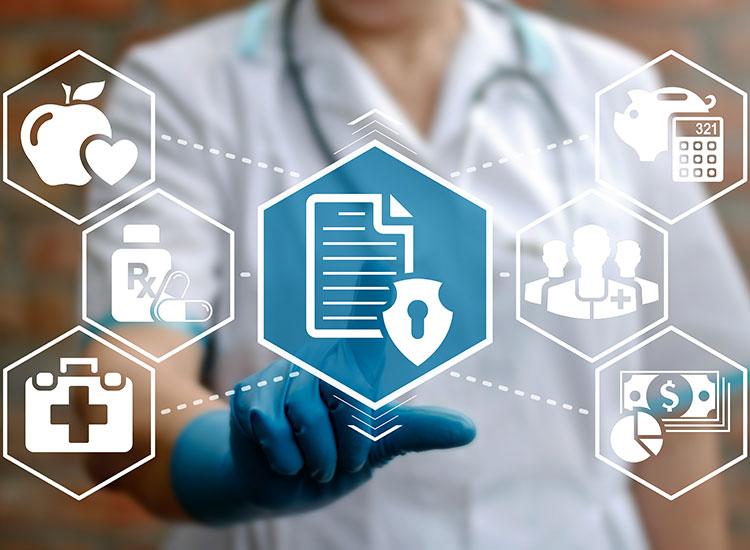Hello!
 Data security gets a lot of buzzes these days. Information breaches are so common that it seems every few months a major business is revealed to have lost vast sums of customer information. When it happens to Mariott, it’s unfortunate. When it happens to a hospital, the repercussions can be more significant.
Data security gets a lot of buzzes these days. Information breaches are so common that it seems every few months a major business is revealed to have lost vast sums of customer information. When it happens to Mariott, it’s unfortunate. When it happens to a hospital, the repercussions can be more significant.
Trust is a foundational part of the healthcare industry. When it goes away, patient outcomes suffer. In this article, we take a look at the importance of keeping patient information safe.
Improved Patient Outcomes
Good data security can have a significant, even indirect impact on patient outcomes. The patient/doctor relationship is built on trust. When someone goes in to see their physician, they tell them things they might not say to anyone else with the understanding that it’s being kept in strict confidence. If they find out that’s not the case, they may be unwilling to share sensitive information in the future.
To provide good patient care, doctors need as much information as possible. Good data security ensures that they will be worthy custodians of sensitive information.
Your Reputation
 When you become the hospital or doctor that doesn’t take care of patient records, it’s a big hit to your reputation. In the same way, no one is going to willingly choose a hospital that produces bad patient outcomes, they also won’t opt for a healthcare provider that is sloppy with patient information.
When you become the hospital or doctor that doesn’t take care of patient records, it’s a big hit to your reputation. In the same way, no one is going to willingly choose a hospital that produces bad patient outcomes, they also won’t opt for a healthcare provider that is sloppy with patient information.
When you start losing or misusing patient information, you will almost certainly see a dip in business.
Liability
Then there is the issue of liability. Some of this liability is strictly professional. Part of HIPAA is maintaining patient privacy. Most caregivers know that they can’t have open conversations about their patients, but how is it any different to be careless with their health records?
There may also be forms of financial liability that emerge from the careless handling of data. Patients may have the option to file lawsuits against healthcare providers who are careless with their records. Not only are these lawsuits costly, but they can go on for years, taking time and attention away from the things that really matter in the process.
Also read:
- 5 FinTech Ideas for The Year
- Estonia and Cryptocurrencies: Freelancing through Quasa Connect
- What is Advocacy Marketing and How to Do it Right
A Necessary Part Of A Broader System
It’s also important to keep in mind that good data security is also just symptomatic of a larger, more effective data system. Data management and implementation is an important part of any modern hospital and healthcare system.
A hospital that has secured its patient records is almost certainly utilizing other features of data management and implementation to improve its services. Remember that data usage in healthcare can have a very direct impact on patient outcomes.
 Not only does it make it easier to diagnose patients and understand their overall health in a much more long-term capacity, but good data implementation systems also allow records to be shared across hospitals, making it very easy for important information to be used when and where it is needed.
Not only does it make it easier to diagnose patients and understand their overall health in a much more long-term capacity, but good data implementation systems also allow records to be shared across hospitals, making it very easy for important information to be used when and where it is needed.
In other words, a hospital that can protect their patient information is doing not one, but many things correctly.
Cyber security is a difficult thing to accomplish, but with attention to detail, the right professionals, and an overall workplace culture of protecting information, you can secure data while simultaneously treating your patients with a better overall experience.
Thank you!
Join us on social media!
See you!






